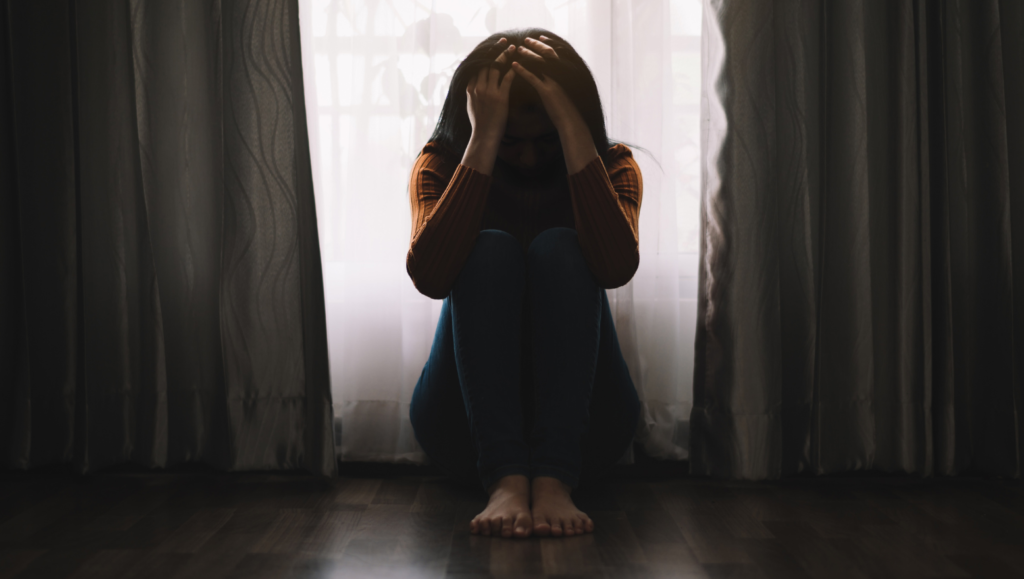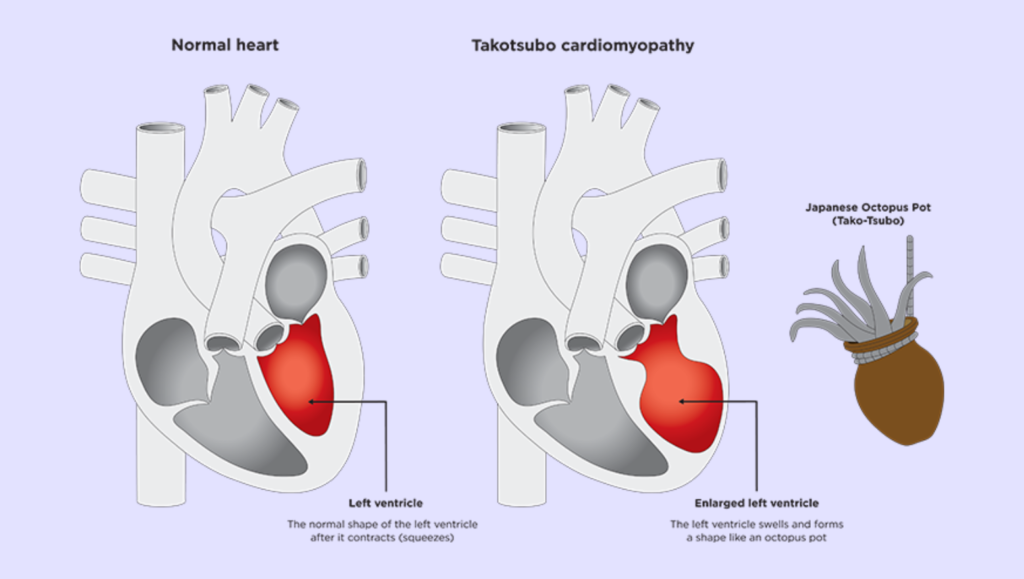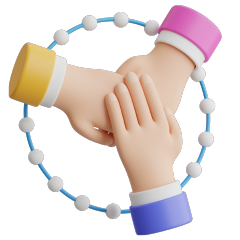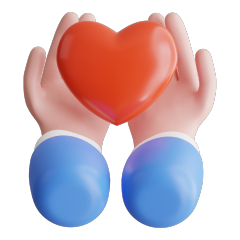Can you die from a broken heart?

Can you die from a broken heart? Explore the science behind heartbreak, Broken Heart Syndrome (Takotsubo Cardiomyopathy), and how emotional stress can impact your heart and health.
Broken Heart Syndrome and how to heal from heartbreak
Table of Contents
When Cupid draws his arrow, we think of love at first sight, deep connections and lifelong devotion. But what we often forget is that love, as powerful as it is, also comes with the possibility of loss.

Valentine’s Day is a time to celebrate love, but for some, it highlights loss. Whether it’s a breakup, the passing of a loved one or the quiet fading of a relationship, heartbreak affects both the mind and body in ways we don’t always realise.
In some cases, its impact on the heart can be so profound that it becomes a real medical condition.
Can heartbeak actually, physically (not just metaphorically) break your heart?
More than just emotions 💔
Ask anyone going through heartbreak and they won’t just describe sadness; they’ll describe a deep, heavy ache in the chest, a tightness that makes it hard to breathe or a sinking, hollow feeling that lingers. Some feel a constant knot in their stomach, waves of exhaustion or even nausea as if their whole body is mourning the loss.
That’s because heartbreak activates the same brain regions as physical pain, a phenomenon studied in neuroscience. Your brain interprets emotional distress as if you were physically injured, which is why a breakup or deep loss can leave you feeling drained, aching and completely off balance even without a visible wound.

And since people experience break-ups in different ways, sadness may take time to set in or the transition might feel smoother. It’s also completely normal to feel a sense of relief that’s sometimes mixed with conflicting emotions.
When grief finds you after a heartbreak, it doesn’t always follow a predictable path, but understanding your feelings is the first step toward healing.
Is Broken Heart Syndrome real?
Broken Heart Syndrome, otherwise known as Stress Cardiomyopathy or Takotsubo Cardiomyopathy is a real and recognised medical condition. It occurs when sudden emotional or physical stress floods the body with stress hormones like adrenaline, temporarily weakening the heart muscle.

The name “Takotsubo” comes from a traditional Japanese octopus trap, named for its distinctive shape, which resembles the way the heart temporarily changes during Broken Heart Syndrome.
This can cause symptoms that feel just like a heart attack: chest pain, shortness of breath and dizziness.
But unlike a real heart attack, the arteries aren’t blocked. Instead, the heart is temporarily weakened by stress.
Can you actually die from a broken heart?
Science says yes.
Research shows that people who experience major loss, like the death of a spouse, have a significantly higher risk of heart-related issues in the following weeks.

One study found that people are 21 times more likely to suffer a heart attack in the 24 hours following a loved one’s death. The risk gradually decreases but remains elevated for weeks.
Long-term stress weakens the immune system, increases inflammation and elevates blood pressure—all of which put the heart at risk.
Healing from Heartbreak: How to Protect Your Heart and Mind
Heartbreak also exists on a mental health continuum. Many people experience it as temporary sadness while for others, it can trigger anxiety, depression or even PTSD-like symptoms.
Those who experience anticipatory grief or that deep sadness before a loss even happens, such as in terminal illness, may be particularly vulnerable to emotional and physical strain.
While heartbreak is painful, it isn’t permanent. Here’s how to protect your emotional and physical wellbeing during difficult times:
1. Talk to someone who can help.
Heartbreak isn’t something you have to deal with alone. You can talk to a trusted friend, family member or professional therapist and share about your emotions to ease the burden. If you need professional help, you can get real-time support from Leora Healthcare’s Text a Therapist service to help you on your journey to mental health recovery.
2. Regulate stress levels.
Heartbreak can feel just as intense as physical pain because your body reacts to emotional distress in the same way. Simple habits like deep breathing, stretching, journaling, or listening to calming music can help ease overwhelming emotions. Even small moments of mindfulness can make a big difference in how you feel.
3. Stay physically active.
Get moving and your mood will thank you. When you exercise or do activities you enjoy, your brain releases the happy hormones endorphins and serotonin, which help reduce stress and lift your mood. Something as simple as walking, stretching, dancing or playing a sport can make a huge difference in how you feel.
4. Fuel your body, heal your heart.
When you’re dealing with stress or heartbreak, what you eat and how you rest can make a big difference. It’s important to support your body with nourishing foods, proper hydration and good sleep to help fight stress and keep your heart strong. Taking care of your body helps your heart heal, both physically and emotionally.
5. Know when to reach out for help.
Sometimes, grief after a breakup doesn’t go away on its own. If it starts affecting your daily life, it may be time to reach out for additional support. There’s no shame in seeking professional help! Mental health is just as important as physical health.
You don’t have to heal alone

Dealing with a broken heart takes real work. But here’s the good news: The heart is resilient. With time, right support and proper self-care, most people recover fully from even the deepest heartbreaks.
If you’re struggling from a broken heart, Leora Healthcare’s EAP platform can connect you with professional mental health support. Check with your employer or reach out to our team to learn more.





